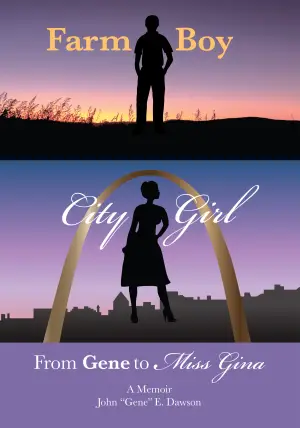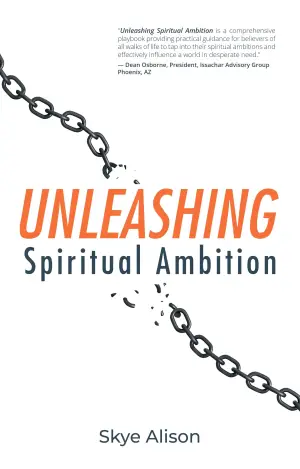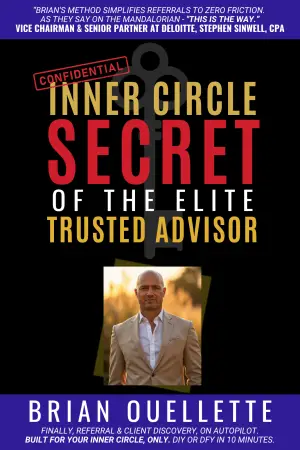Book Review: Me and White Supremacy: Combat Racism, Change the World, and Become a Good Ancestor by Layla F. Saad
As I opened Layla F. Saad’s Me and White Supremacy, I felt a familiar blend of anticipation and apprehension. This book has been making waves in the racial justice community, yet I approached it with the uncertainty that often accompanies deeply personal topics like racism. What I found was not just a guide, but a heartfelt invitation to engage in ongoing conversation about dismantling white supremacy—an endeavor I, too, have tried to navigate over the years.
Saad creates an accessible bridge for those of us seeking to understand and combat our privileges within a system that often feels insurmountable. Her workbook format—which I unfortunately discovered through audio first—challenges readers to interact with their own experiences, offering a structured pathway to self-reflection. Even for someone like me, who has spent years examining my own biases and privileges, I found myself drawn into the work with fresh eyes.
One of the key themes is the emotional fragility many white people feel when confronted with their complicity in systemic racism. Saad gently addresses this, recognizing that the discomfort is not a deterrent but a necessary step toward understanding. “Antiracism work that does not break the heart open cannot move people toward meaningful change,” she writes, reminding us that this journey is as much about personal growth as systemic change.
Her writing style is a unique mix of warmth and urgency. Saad prepares her readers for the weight of her words while skillfully navigating complex concepts like cultural appropriation and white apathy. In a world where discussions about race can often feel aggressive or isolating, her gentle nudges encourage rather than chastise.
Although I found the audiobook engaging, I realized that completing the workbook sections is essential for fuller comprehension. I’ve made a promise to return to the print version to not only reflect but also to respond directly to the prompts she so thoughtfully crafted.
The book resonates with memorable quotes that linger long after you’ve turned the page. One that struck me profoundly was, “Here’s to doing what is right, not what is easy.” This is a mantra to carry into every difficult conversation—especially for those uncomfortable truths we often shy away from.
I cannot stress enough that this book holds value for anyone, regardless of where you currently stand in your journey against racism. Saad’s approach is as applicable to a novice as it is to someone like myself, who has delved deep into this work for years. The layers of understanding she unfolds make Me and White Supremacy a text you could return to in a decade, still finding relevance and insight.
I wholeheartedly recommend this book to white folks or anyone interested in truly understanding the dynamics of race and privilege. It serves as a potent catalyst for conversation, self-reflection, and ultimately, change. As a reader, I walked away feeling both challenged and empowered—a reminder that while this journey is heavy, it’s also deeply rewarding. Reading Saad’s work was not just an act of consumption; it was a step toward becoming a good ancestor, a better ally, and a committed advocate for justice.
So, if you find yourself navigating similar waters, grab a copy, gather some friends, and start a study group. Let’s create spaces where we can engage honestly with these issues and support one another in this transformative process. After all, the work is just beginning.
Discover more about Me and White Supremacy: Combat Racism, Change the World… on GoodReads >>






